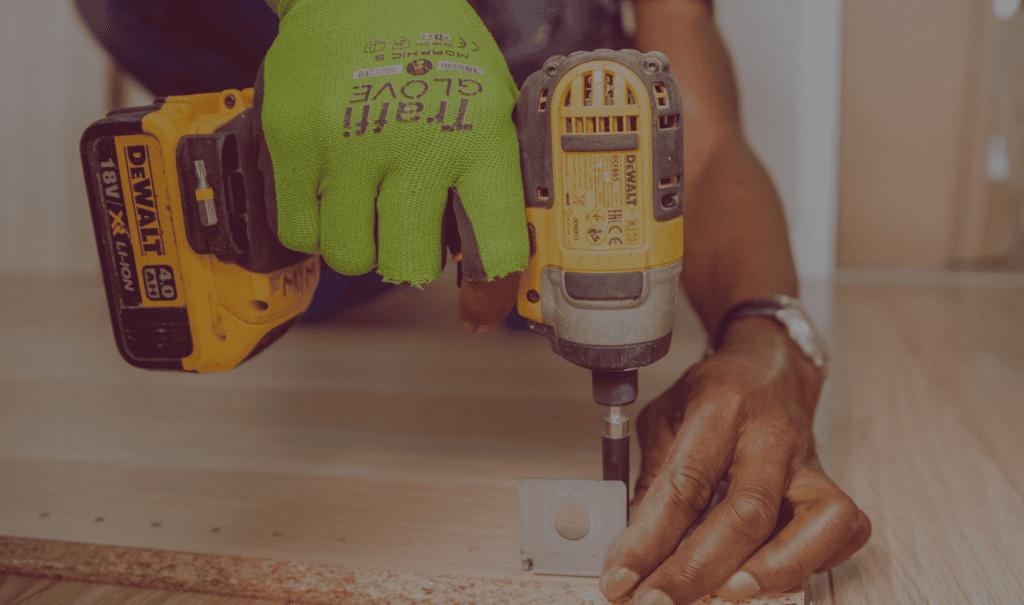
Refinancing your mortgage can help you save money (or at least lower your payments), but sometimes it’s just an expensive mistake. If you’re considering refinancing, study up before you pull the trigger.
What is Mortgage Refinancing?
A refinancing transaction happens when you swap out an old loan for a new (ideally better) one. Your new loan pays off the old one, and you start making payments to the new lender.
Benefits of Refinancing
A new, properly structured loan can improve your financial situation. In particular, you can:
- Lower your monthly payment
- Lower lifetime interest costs
- Reduce risk, if you have an adjustable-rate mortgage
- Get cash out for other purposes
- Consolidate debt and possibly get tax benefits
Costs to Refinance
Of course, mortgage refinancing is not free. You’ll pay fees to your new lender to compensate them for offering the loan. You may also pay for legal documents and filings, credit checks, appraisals, and more.
Even if a loan is advertised as a “no closing cost” loan, you’re paying those fees (even if you don’t notice them). Generally, this happens through a higher interest rate.
Does Refinancing Make Sense?
You need to weigh the pros and cons of your old loan and a new loan to decide. In general, mortgage refinancing is a good move when you can save money by locking in a lower interest rate or payment, shorten your loan term, or restructure debt optimally.
Once you understand the costs, evaluate how much you’ll save over time and how long it will take to recoup any up-front costs associated with mortgage refinancing. Will you keep the loan (or live in the home) long enough to make it worthwhile?
One way to look at this is with a basic break-even analysis – when will you come out ahead? But there is a lot more to consider.
When It’s a Good Idea
Mortgage refinancing is a good idea when you’ll truly benefit from a new loan. Some clues that it might be a good idea are:
- Interest rates are low
- Your credit has improved since you got your first loan
- You will keep the loan for a long time
- You can avoid getting stung by a high-risk mortgage
- You can get an amortizing loan instead of an interest-only loan
When It’s a Bad Idea
You should avoid refinancing your mortgage if you’ll waste money and increase risk. Sometimes having a lower interest rate and monthly payment can cost more in the long run – even if they help you today. You also need to be sure you can recoup all the fees before you pull the trigger.


